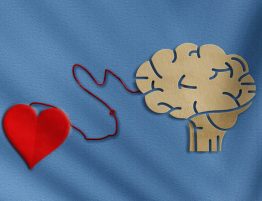
Rodney Hale didn’t want anyone to worry.
He knew something was wrong with his heart. But if he told his wife and kids, they’d fear the worst. After all, his brother had died of a heart attack a few years ago, as had their dad back when they were kids. At 50, Rodney had already outlived his dad and brother.
So rather than tell his family he was checking into a hospital, Rodney – a federal agent who fought drug and human trafficking – said he was traveling for work.
When he got away with it the first time, he did it again. And again. Maybe as many as nine times.
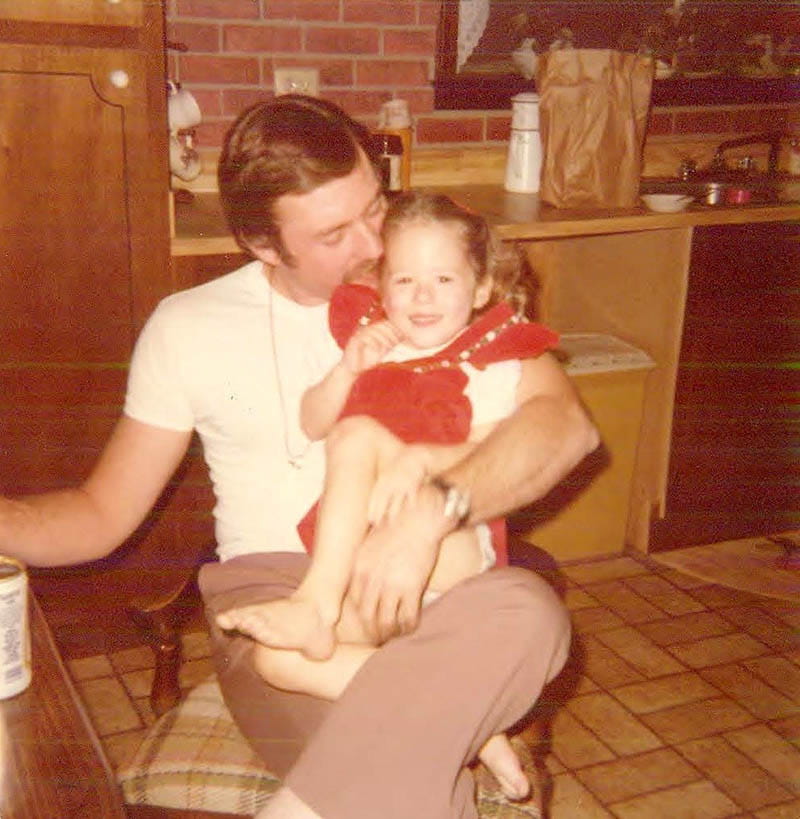
“He wanted to exhaust all avenues of treatment before he said anything to any of us,” said his daughter Jen, then 16 and now an NFL sideline reporter for Fox Sports TV and for the NBA’s New Orleans Pelicans.
Rodney died of a heart attack without ever telling his family he had cardiomyopathy, a condition that weakens the heart.
That secrecy led his family to accept the idea that Hale men simply don’t live very long before their hearts give out. The women, they assumed, were immune.
So when Jen’s body began betraying her at 38, nobody thought to check her heart.
Had she known her family history, doctors almost certainly would’ve discovered her dilated cardiomyopathy. Instead, she went into heart failure so severe that she endured
- Being told she might only live five more years.
- Wearing a vest-like defibrillator every moment, except while showering, for six months.
- Spending 1½ years on the heart transplant waiting list.
Thanks to medication and a healthy lifestyle prior to her heart failure, Jen is healthy again. She’s sharing her ordeal to emphasize several important messages.
She wants everyone to know heart disease isn’t something that only happens to men; it’s the No. 1 killer of women in the United States. She also wants everyone to understand the importance of knowing your family history and sharing it with healthcare providers. And she wants everyone to appreciate how science is always improving; we have opportunities to improve and extend lives that previous generations didn’t, and future generations will have even more.
“I am constantly struck by how different the outcome is for me than my dad and my uncle,” she said. “For them, heart disease was a death sentence. For me, I take a couple of pills in the morning and a couple of pills at night, and I lead a normal life.
“My cardiologist thinks I’ll be around for a long, long time. He says it’ll probably be something besides my heart that eventually ends my time here and sends me to heaven.”
That’s the short version of her story. The long version is even more gripping.
***
Months before her world began falling apart, Jen powered through a 100-mile bicycle ride. It wasn’t her first “century,” either.
Jen is just one of those people who thrives on being active.
Growing up, it was softball and gymnastics. Then cheerleading at LSU. Now it’s cycling and running.
“I can’t ever remember a time when I didn’t spend an hour a day doing some sort of physical activity,” she said.
She’s always fueled it with a healthy diet.
That can be challenging for someone who lives in New Orleans, but she doesn’t eat red meat or anything fried. She rarely drinks; when she does it’s always red wine.
“And I’ve never smoked a cigarette in my life,” she said.
Clearly, this was someone in tune with her body.
At least, she said with a laugh, “I sure thought I knew my body.”
***
Jen’s work calendar goes like this: Cover the NFL starting in the fall, grind through a winter spurt when it overlaps with the NBA, then follow the NBA deep into the spring.

In 2016, the Pelicans missed the playoffs, so her annual downtime began in late April.
“It’s pretty standard for me to kind of crash for a week and just rejuvenate, regroup, sleep 9-10 hours a night,” she said. “That summer, it never stopped. If anything, it got more drastic. Instead of nine hours, it was 10. Then it was 11. Then 12. I noticed it in my workouts as well. I was huffing and puffing after a 5-mile run when that’s normally no big deal.”
Her athlete’s instinct was to challenge herself. Her inner voice barked, “You’re approaching your 40s, you need to suck it up, work harder and stop being such a wimp!”
She became concerned enough to see a doctor. Two, even.
“One ran bloodwork and told me I was low in vitamin D and vitamin B,” she said. “The second one actually did an X-ray on my chest and looked at my heart.”
An X-ray, however, doesn’t show what’s happening inside the heart.
***
With no answers, Jen kept coming up with theories.
Because she went from never having indigestion to having it often, she figured she’d developed a food allergy.
Because she sometimes felt short of breath, she figured her mild asthma was getting worse. Under the premise that a harsh winter dumped new types of molds into the air, she bought an air purifier.
“I wish I had trusted myself and that little voice inside me that said, `Something’s wrong. This is too drastic of a change to be normal,'” she said. “But because I did that century ride and because I’d seen those two doctors and they did all those tests, I kept feeling like it had to be something small.”
Besides, the NFL season was about to kick off.
***
In September, she was in New York for a midweek NBA meeting. She felt so ill that she went to rest in her hotel room. She took a nap, waking only when housekeeping knocked on the door.
The next morning.
“OK,” she told herself, “We’re missing something big.”
She vowed that when she returned to New Orleans, she’d see a doctor. Only, she didn’t know what type of specialist she needed.
The decision would have to wait until after her next NFL game, in Charlotte, North Carolina.
That Friday, her body sent another bizarre signal. Her feet were so swollen that she had to wear flip-flops. On Sunday, her waist was so swollen that she had trouble fitting into clothes she’d brought.
Still, duty called. And, for this game, that included going outside the stadium to cover protests stemming from a white police officer fatally shooting a Black man. She probably walked five miles that day. Like the century ride, she took this as a sign that she couldn’t be too sick.
Meanwhile, her indigestion intensified. The way her stomach boiled and bubbled, she wondered if she’d worried herself sick. To find out, she lined up an appointment with a gastroenterologist.
***
The next day, the doctor listened to her story and ordered a bunch of tests. Finally finished, she was walking to her car when the doctor called her.
“You have all the classic symptoms of heart failure,” he said. “I know you don’t check any of the boxes for someone who should have it. But I cannot ignore that these are all the symptoms that say your heart is failing. I want you to go to the emergency room and have some tests.”
She thought it seemed ridiculous. However, those tests might help lead to the real answer.
So she went.
***
Sitting in the ER waiting room, the words “heart problem” echoing in her head, Jen struggled to connect the dots between herself and her dad, uncle and grandfather.
Each of them smoked and drank. Thinking of the stark differences in lifestyle, gender and age, she questioned being at the hospital.
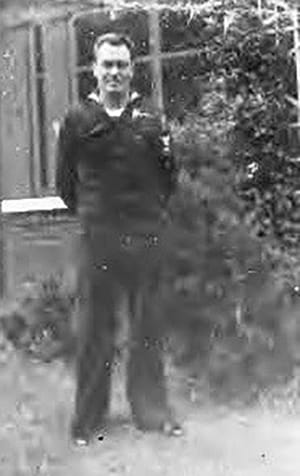
Then she looked at the other people in the waiting room, most of them far more in need of immediate care.
More than once, she considered walking out.
***
The nurse who fetched Jen took one look at her swollen calves and ankles, and insisted she get in a wheelchair.
Something about the way the nurse said it made Jen think, “The game has changed.”
A half-hour and several tests later, Jen was told more tests were needed. Tomorrow. She’d be spending the night there. She demanded to know why.
“Our suspicion,” a doctor said, “is some sort of cardiomyopathy.”
Jen had no idea what that meant. With “Monday Night Football” on TV, she grabbed her phone and began doing research.
She’d always thought heart attacks were sudden events, like a car wreck. Now she learned they were the result of heart disease, and that heart disease comes in many forms.
Cardiomyopathy is marked by a heart that’s enlarged, thick or rigid. The heart weakens, making it less able to pump blood through the body, which in turn can cause all sorts of problems.
There are several types of cardiomyopathies. No matter which she might have, all seemed frightening.
This new understanding made Jen think more about her dad, uncle and grandfather. Maybe their heart attacks were caused by more than an unhealthy lifestyle and bad luck.
***
The next day, Jen underwent a test of her “ejection fraction.” It’s the percentage of blood pumped out every time the heart squeezes.
A normal level starts at 50%. Anything under 40% is considered heart failure.
Hers was 16%.
When the doctor explained this to her, Jen said, “Are you sure you didn’t mix my chart up with somebody else’s?”
How could someone with a heart that weak have done a century ride a few months ago? Or walked five miles on swollen feet two days ago? And what about her clean, active lifestyle?
Actually, the doctor said, those could be reasons she’s still alive. It’s also the best reason to believe she could beat this.
He said things could play out three ways: Medicine might reverse the damage. If not, she’d need a new heart. There also was the possibility she’d live only five more years.
***
This diagnosis made more sense than the patchwork of theories she’d quilted together.
But she’d clung to her beliefs about food allergies, polluted air and such for so long that she struggled to process this news.
Between her vocal denial and the fact that she never cried, her caregivers brought in a psychologist. She kept sending him away.
What she needed was her mom. Problem was, Jen dreaded making the call.
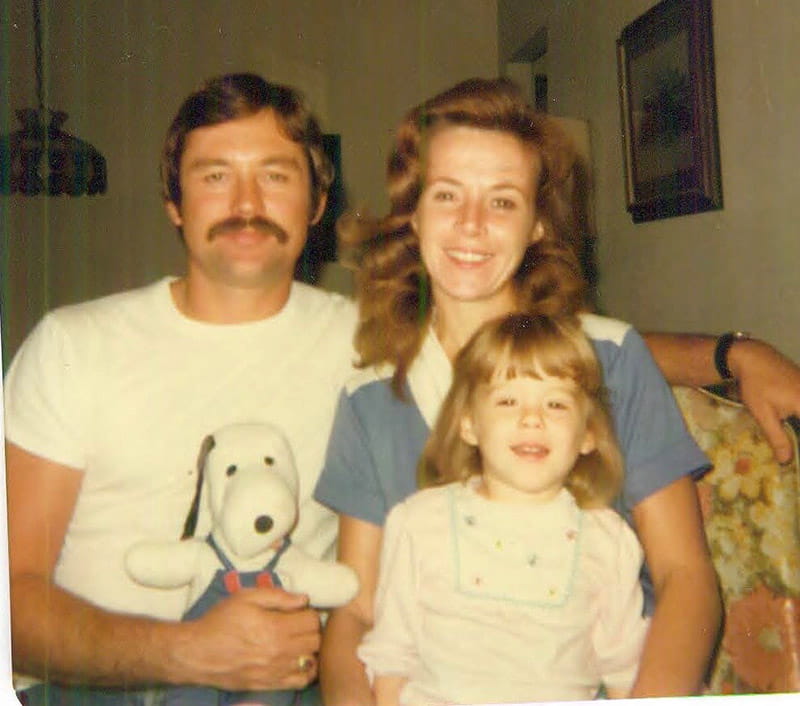
Rodney’s death had devastated her mother so much that they’d never discussed the specifics. Now Jen had to break the news that she had a heart problem – maybe the same one that killed her dad.
She steadied her nerves. She took a deep breath and dialed.
Her mother answered.
Jen couldn’t speak.
She could only cry.
***
Jen had dilated cardiomyopathy, the most common form.
As she continued learning about it, she realized the grim prognoses were based on the typical patient: older people with other health problems.
Again, she was 38 and otherwise in terrific health.
“Hold on,” she thought. “Let’s not put the period at the end of the book yet. We’re just getting started.”
The head of the transplant team at a leading facility in New Orleans agreed.
He warned Jen her condition was so advanced that five years really might be all she had. “But,” he added, “it’s also possible you could have a very long life.”
While he started the process of getting her on the transplant list, he also ordered medication and the wearable defibrillator. The vest protected her against cardiac arrest.
He wanted her to take six months off work. Not possible, she said.
He asked her not to fly for two weeks. She said she’d think about it.
That Sunday, he turned on an NFL game and saw her on a sideline in San Francisco.
“He was very upset with me,” she said. “But I had the vest on. And it was something I needed to do for myself.”
***
Filling out the paperwork for the transplant list required pulling out Rodney’s medical records.
His cause of death was indeed listed as a heart attack. Deeper in his files, her mom found “cardiomyopathy.”
“Oh my God,” Jen thought. “If I’d been telling doctors I have a history of cardiomyopathy in my family, this whole thing could’ve been a blip on the radar screen.”
At the very least, her ejection fraction wouldn’t have gotten to 16%.
Doctors measured her ejection fraction every three months. The second of those checkups showed she’d improved enough to ditch the vest.
“Remember being 16 and getting your driver’s license and getting to take the car for your first drive alone? Taking off the vest was like that freedom 1,000 times over,” she said.
When her ejection fraction reached 45%, her name came off the transplant list.
She eventually reached 52%, normal range and then some.
***
Jen’s diagnosis changed things for her siblings, too, especially after further research found that their Uncle Bob had dilated cardiomyopathy, too.
Each year, her siblings get a simple blood test for a protein known as BNP. An elevated level can be a sign of heart failure. This is the test that would’ve changed everything for Jen.
She’s not jealous or angry. She doesn’t even blame her dad.
Quite the opposite – “I feel much closer to him,” she said.
Another change is that she’s gone from “a glass-half-full type of person to a glass-five-sixths-full type of person.”
“Spending 1½ years waiting to find out whether I needed a transplant was nerve-wracking, but – and this is going to sound weird – it was also such a happy time in a way because I became so much more grateful,” she said. “Things like somebody cutting me off in traffic or getting overcharged on a bill, I didn’t blink at them anymore. They were minor bumps in the road compared to `I might not be here in five years.’
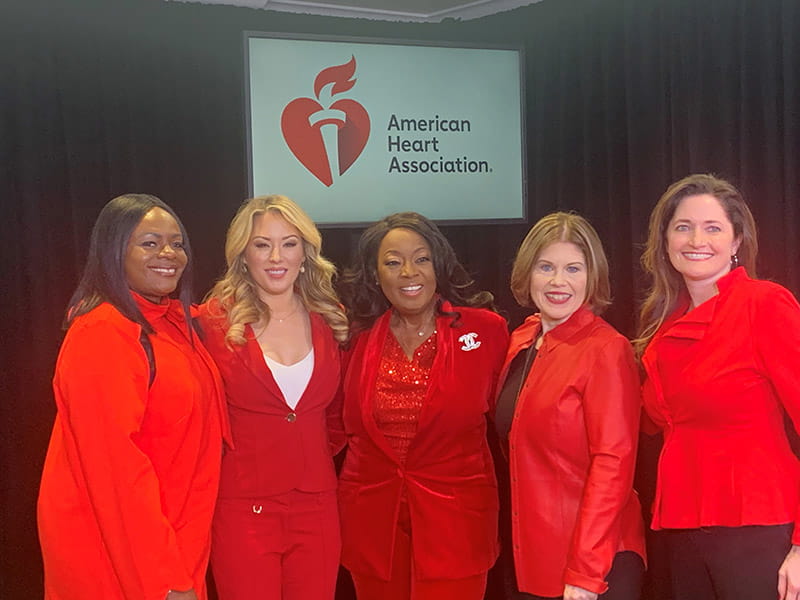
“Now,” she said, “my continuous New Year’s resolution is to keep that mentality.”
In May, Jen will be a guest on Season 2 of the podcast series “At the Heart of it with Nancy Brown”
A version of this story appeared on Thrive Global.
If you have questions or comments about this story, please email editor@heart.org.

